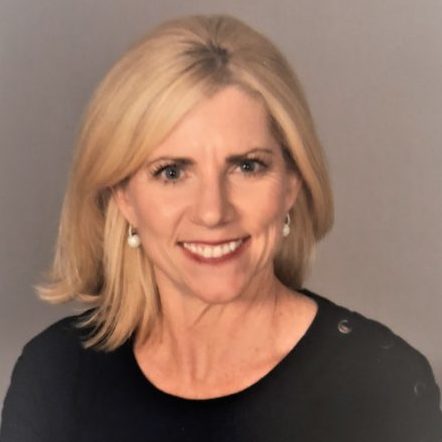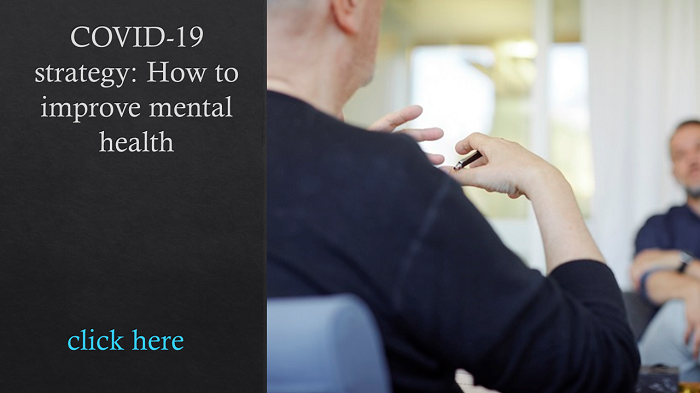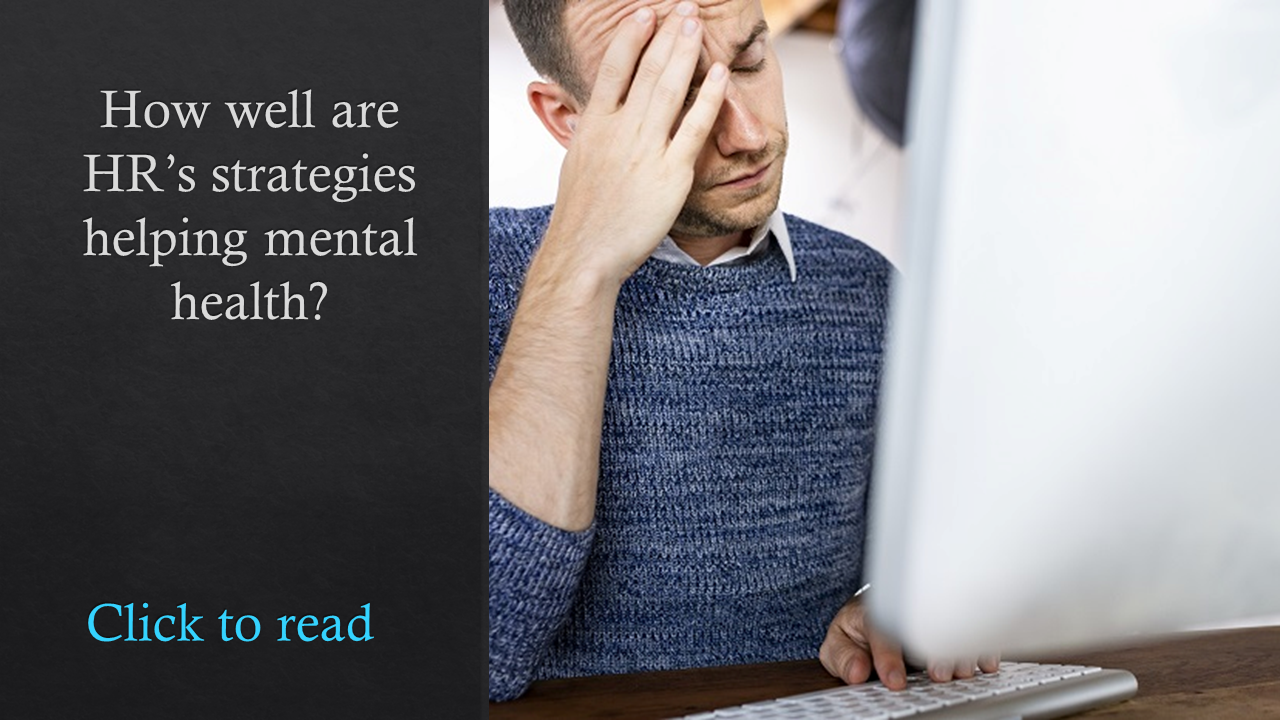Pandemic-fueled trauma is continuing for employees, new research finds, a sign that employers must not slow down on their mental health efforts.
According to the new Mental Health Index: U.S. Worker Edition, post-traumatic stress disorder is driving stress levels up and hurting employee resilience and cognition, while risk of PTSD is up 56% when compared to pre-COVID-19 levels. That’s a slight increase from last month, when risk was up 55% from pre-pandemic levels.
“This new data suggests that employees continue to struggle with mental health challenges as a result of the COVID era and that employers must remain focused on support,” says Colleen McHugh, executive vice president of the American Health Policy Institute and strategic adviser for HR Policy Association. “Large employers are ever-sensitive to employees’ needs, developing new mental and behavioral health benefits in addition to other forms of support as most workplaces transition back to an in-person environment.”

PTSD is having a big impact on the workplace: When compared to employees without PTSD risk, employees at risk for PTSD demonstrate a 57% higher level of stress; 18% decrease in sustained attention; 11% lower level of resilience; 8% worse planning skills and 5% worse memory, according to the research.
Related Return-to-workplace worries are affecting employee mental health
Total Brain’s Mental Health Index, in partnership with the National Alliance of Healthcare Purchaser Coalitions, One Mind at Work and the HR Policy Association and its American Health Policy Institute, is based on 500 anonymized assessments randomly selected among thousands of Total Brain assessments taken each week. The index has been tracking employees’ mental health over the past year and has found ebbs and flows in how workers are feeling, often corresponding with their outlook on the pandemic.
While employers have largely made strides in their mental health efforts during the pandemic–by adding or enhancing mental health offerings to help address certain pain points of employees–smart employers are moving toward long-term mental health planning, Katy Riddick of One Mind at Work said last week during a webinar discussing the results.
“They’re looking at the long-term: What does [our] future look like? Does this continue? Is this the right solution for our employees?” she said. “They’ve really grabbed on to the momentum we’ve had for better mental health support during the pandemic and are happy to see there have been some positive impacts for the changes they made. They want to continue their efforts to reach those people who are still living in this crisis moment.”
Daryl Tol, executive vice president of One Mind at Work, adds that employers “have a responsibility to their employees to develop and implement a gold standard for workplace mental health and wellbeing.” Plus, continuing to invest in resources benefits organizations with lower disability, absenteeism and presenteeism, reduced total medical costs and increased recruitment, retention, employee satisfaction and productivity, he says.
 This month’s index did find some good news: mental health improvements among 20-39-year-old female employees. When compared to May, these employees’ stress levels dropped 25%, anxiety dropped 44% and depressed mood dropped 43%. That group may be benefitting from a lift in quarantine requirements, researchers said.
This month’s index did find some good news: mental health improvements among 20-39-year-old female employees. When compared to May, these employees’ stress levels dropped 25%, anxiety dropped 44% and depressed mood dropped 43%. That group may be benefitting from a lift in quarantine requirements, researchers said.
“With the reopening of society, the return to a more normal environment is bringing welcome relief to the emotional wellbeing of many American workers,” says Michael Thompson, National Alliance president and CEO. “However, navigating the return to the workplace for some may take time and some tempering of expectations on both sides.”
Learn more: Employee wellbeing is one of eight session tracks at the upcoming HR Technology Conference, Sept. 28-Oct. 1 in Las Vegas. Register here.



